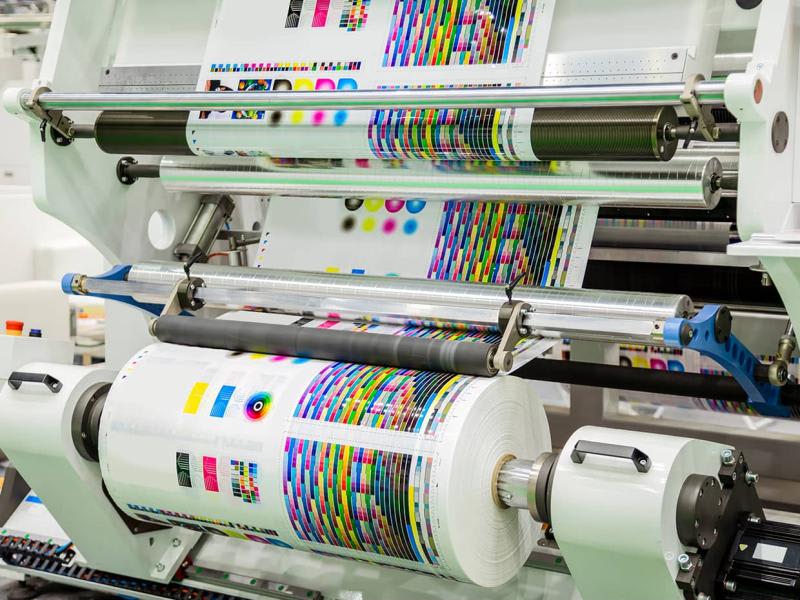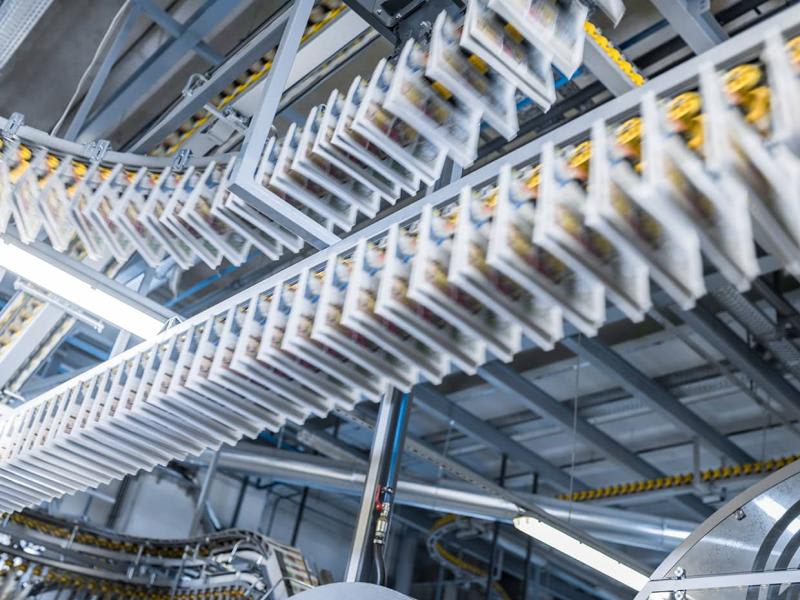Manufacturers’ Monthly spoke with the RSM management consulting team to explore how manufacturers can navigate the challenging circumstances of an ever-changing industry.
Currently, the manufacturing sector appears to be heading further toward industry 4.0, digitalisation, automation and decarbonisation.
These trends are creating challenges for businesses that are struggling to adjust to changes in the manufacturing industry.
RSM partner and business coach, Don Holley, said that combining these trends with regulation and legislation can create a complex environment of operating for manufacturing companies.
“We’ve got these macro trends of digitalisation of everything, often referred to as industry 4.0, decarbonisation of our economy – you combine that with substantial regulation and legislation to to drive compliance and you get a very complex environment for operating,” he said.
A changing industry that is becoming more digitised and concerned with carbon emissions can pose many challenges for manufacturers, but it can also present opportunities for growth, innovation, and success.
RSM’s management consulting supports manufacturers to make sense of change, to suggest and implement changes necessary to be successful in an ever-evolving industry.
“RSM has a management consulting capability designed to support our mid -market clients,” Holley said. “While advising clients on other areas around risk, compliance, finance etc we often spot further opportunities for improvement – and so the consulting capability increases our capacity to support them. ”
“The management consulting is to actually help them drive that improvement in their organisations.”
Rules for change
Holley said that manufacturers will need to shift and maintain that pace. - Things have changed from “ business as usual “ to innovation as usual”
He says leaders must adopt new skills, create new leadership styles, and use approaches that are suited for a more digitalised work environment.
Industry leaders must become familiar with technologies such as Internet of Things (IoT), artificial intelligence, automation, and digital twins to get ahead.
Manufacturers should become data driven – Holley said that the effective leaders of the manufacturing industry will be those that insist on making decisions based on data.
Throughout his experience working with manufacturers, Holley observed three common changes that industry leaders can make to improve their chances for success.
“There are three things that stand out for me that need to change for leaders in the manufacturing space,” he said. “These are being more proactive, creating more adaptable organisations, and improving transparency.”
Becoming proactive
Digitalisation and climate change can bring uncertainty to the manufacturing industry and ultimately alter the way that the industry operates.
Manufacturers can seize an opportunity for growth by adapting to shifting market needs, new technologies, and changing environmental rules.
Holley said that industry leaders can be hesitant to respond to these changes –often waiting to see how the industry reacts to change, before adjusting themselves.
“If you look at compliance, sustainability, and clean energy – the problem is that when things are changing so quickly, you’re always playing catch up,” he said.
“That can be risky. So, you really must anticipate what’s coming in order to do something about it.”
“For example, manufacturers by nature, tend to be good at projecting forward with functions such as inventory control and manufacturing schedules,” Holley said.
“But when it comes to improving productivity and strategy, they need to think creatively about their desired future goal, and then reason backwards to discern how they’re going to get there.”
“To do that requires a different way of thinking, which is a challenge. But it also requires taking the time out of their day-to-day operations to be more strategic when thinking about it,” Holley continued.
Holley elaborated that to meet the demands of the converging challenges of climate change and digitalisation, manufacturers must also equip workers with the skills to navigate these challenges.
He says that leaders need to train workers to be able to handle both advanced technologies and sustainable business practices.
Investing in education to cultivate internal talent can be more cost- effective than waiting to recruit when the need arises.
Holley said that talent planning will be a core leadership responsibility.
“In many cases they are so busy in dealing with the day-to-day operations, that they deprioritise planning, and so that makes it really difficult to be proactive. ”
Becoming adaptable
Holley said that as world governments become more focused on the environment and climate change concerns, manufacturers will need to adapt.
He suggests that leaders must make taking care of the environment a big part of how they make decisions.
“If you’re a supplier, for example, to an organisation that’s very environmentally conscious, and you’re not able to demonstrate that you’re carbon efficient, then its likely you won’t get the contract,” he said.
“There’s also increased pressure from consumers who want more environmentally sustainable products.”
Industry leaders can adopt sustainable practices by fostering a culture of sustainability, setting ambitious eco-friendly goals and ensuring that sustainable practices are at the centre of their company operations.
Holley reiterated that manufacturers must learn to adapt to emerging technologies.These technologies can help manufacturers to work better, create less waste, and minimise environmental impact.
Holley emphasised the importance of becoming a data driven manufacturer – he said that the effective leaders of the manufacturing industry will be those that insist on making decisions based on data.
Becoming transparent
Holley concluded that another imperative change that manufacturers must make is to be transparent – they must establish trust with their workforce and suppliers.
“Suppliers and customers must be treated as genuine partners. So, you must be transparent, you have to be collaborative,” he said.
To be effective in addressing climate change concerns, manufacturers must be able to muster the support of their workforce.
Manufacturers will need to work with stakeholders, customers, regulators and communities. Holley said the best way forward is to adopt a transparent and inclusive leadership style.
“Leaders need to role model working cross functionally. to solve some of the problems facing their businesses,” he explained.
RSM’s practical services
RSM provides several services to help manufacturers become industry leaders. Their services include guidance in developing business and transformation strategies, business models and digital transformation roadmaps.
RSM can optimise manufacturing capabilities through leadership team alignment and development, organisational design and restructuring, operational assessments and executive coaching.
To help to deliver plans, RSM can also provide project management resources, program reviews, and audits.




